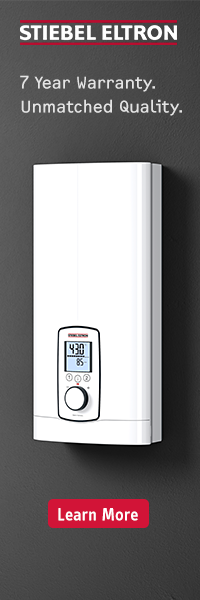Perks of the job?
5 November 2021
 Mixing private and business transactions can complicate the accounting and lead to some unwelcome tax impacts, as Brett Crombie explains.
Mixing private and business transactions can complicate the accounting and lead to some unwelcome tax impacts, as Brett Crombie explains.
There are a lot of positives to owning and operating a trade business. To name just a few, business owners enjoy flexibility, autonomy, a sense of purpose and the chance to make healthy profits.
But how about some of the other perks? Like doing up your home bathroom with work supplies, getting the team to work on your own place, or taking a personal loan from your business, which is then forgiven? Unfortunately, even though you might own the business, these all come with tax implications.
In this article, I outline the concept of a ‘deemed dividend’, then give examples of common scenarios which can trip up business owners and make them liable for unexpected income tax. While this concept applies especially to businesses using a company structure, the general caution against mixing the business with private benefits is relevant for those operating as sole traders or in partnerships.
What is a ‘deemed dividend’?
The more commonly understood type of dividend is a cash dividend, which is a cash payment made to shareholders of a company from the company profits. These payments are taxable to the shareholder.
The deemed dividend is a non-cash version of this. Anything that is a ‘transfer of value’ from a company to a shareholder is potentially a deemed dividend and therefore taxable to the shareholder. The term ‘transfer of value’ is a broad one and captures some rather common transactions that go on in a lot of trade businesses.
- EXAMPLE 1:
Using work supplies for private purposes
Jimmy the owner of Jimmy’s Plumbing needs a new hot water cylinder at his house. He has a few cylinders in stock that are each worth $2,000 and thinks, “No worries, I own the company, so I’ll just take one of those and let the company pay for it!”
Come tax time, Jimmy’s accountant will say, “Hold up Jimmy! Taking that cylinder resulted in a transfer of value from the company to yourself. The transfer was due to your shareholding and a deemed dividend has occurred. I’m afraid that $2,000 will be added to your personal taxable income for the year.” - EXAMPLE 2:
Getting the team to work on your house
The same idea applies to using company services for private use. Let’s say Jimmy sent a couple of his team to do the cylinder job at his house and it took them four hours. If their hourly charge out rate is $80, then the ‘deemed dividend’ value would be $640 (($80 x 2 staff) x 4 hours). - EXAMPLE 3:
Forgiving loans
It is common for shareholders to run a Current Account, which is essentially a loan from the shareholder to the company. Sometimes, this Current Account can become overdrawn, in which case it becomes a loan from the company to the shareholder.
Let’s say Jimmy has overdrawn his Current Account by $5,000. If the company forgives Jimmy from having to repay this Current Account debt, the company has provided money’s worth to Jimmy and the amount will be treated as a ‘deemed dividend’ and taxable income to Jimmy. ob at his house and it took them four hours. If their hourly charge-out rate is $80, then the ‘deemed dividend’ value would be $640 (($80 x 2 staff) x 4 hours).
In summary, while it may seem convenient for trade business owners to mingle their private and business affairs, it can complicate the accounting and lead to some unwelcome tax impacts. When in doubt, having a quick chat with your accountant beforehand will nearly always save time and cost down the track.
About the Author: Brett Crombie is a Chartered Accountant, qualified lawyer and former Inland Revenue tax investigator. He is the owner of Straightedge Accounting, which provides tax, accounting and business advisory services. Contact Brett on 021 301 022 or email brett.crombie@straightedge.nz















































